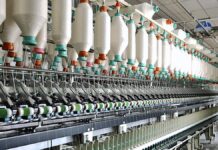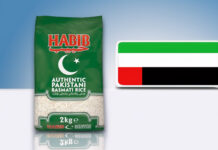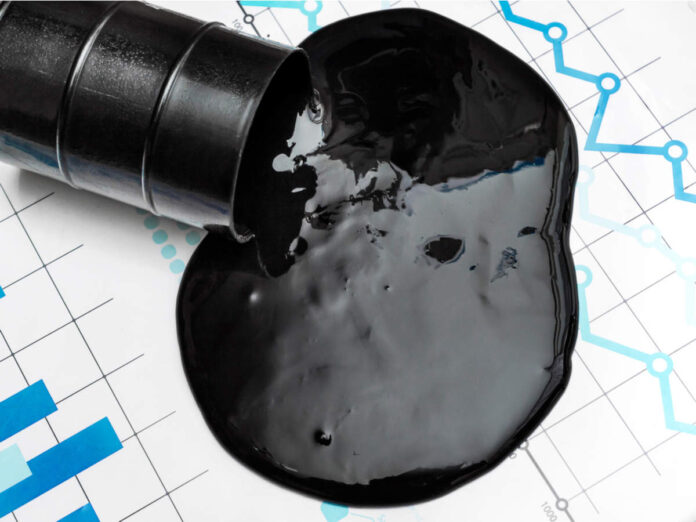Pakistan’s oil import bill increased by 23% during the first two months (July-August) of the current fiscal year compared to the same period last year, according to data released by the Pakistan Bureau of Statistics (PBS) on Monday.
The overall import bill rose by 7.2% year-on-year, reaching $8.75 billion. This growth was fueled by higher imports of crude oil, machinery, and automobiles.
While petroleum group imports fell by 22.7% to $2.66 billion, the import of crude oil surged by 107% in value and 118% in volume, with 1.66 million tonnes imported compared to 762,252 tonnes during the same period last year.
In contrast, imports of refined petroleum products declined by 13.4% in cost and 10.2% in quantity, bringing the total volume to 1.43 million tonnes.
In the energy sector, liquefied natural gas (LNG) imports increased by 10.7%, while liquefied petroleum gas (LPG) imports surged by 67%.
Machinery imports grew by 15%, reaching $1.30 billion, led by significant increases in textile machinery (38.6%), electrical machinery (76.3%), and construction machinery (38%). However, imports in the telecommunication sector dropped by 7.7%, with mobile phone imports down by 19.8% due to higher taxes.
The transport sector witnessed a 13.5% rise in imports, driven by both completely knocked down (CKD)/semi-knocked down (SKD) and completely built units (CBU) of vehicles.
In agriculture, fertiliser imports saw a massive 621% increase, while medicinal product imports grew by 11%. However, imports of insecticides and plastic materials dropped by 32% and 10.9%, respectively. The metal sector recorded a modest growth of 3.1%, primarily due to higher imports of iron and steel scrap.
























